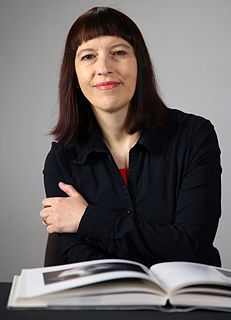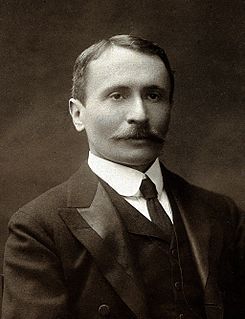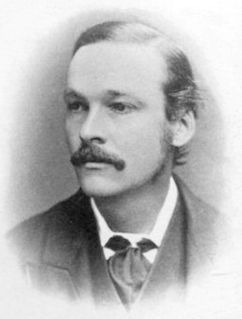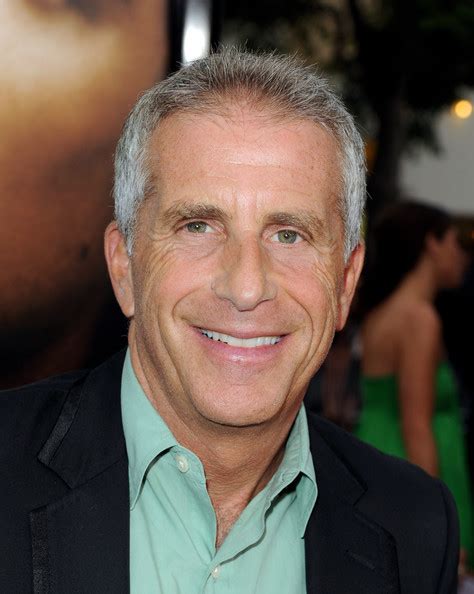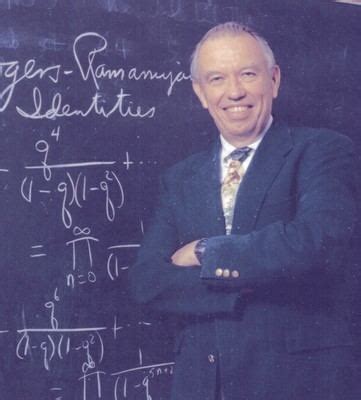A Quote by Lidija Dimkovska
I like when the manuscript keeps its authentic style and form, so even if I have accepted some advice from editors, I don't really want to adapt the manuscript to the needs and expectations of the readers.
Related Quotes
It's no surprise that the droll and (seemingly) all-knowing wizard behind the Chicago Style Q&A puts it all together-entertainingly-for manuscript editors in this real-world guide to job success and survival. The surprise is how urgent it is for every author, client, and boss who works with editors to embrace Carol Fisher Saller's 'subversiveness'-or suffer the next outcome from hell.
In the night ride across the Wular lake a small storm made me worry for the safety of my manuscript (Rajatarangini). It seemed as if the goddess of wisdom - Sharada, represented by waters of Kashmir, was unwilling to let me abduct the manuscript. This is what happened 1200 years ago to the Chinese pilgrim Hiuen-Tsang, who had to leave his Sanskrit manuscript in the angry Indus River.
When Sondheim was visiting the Library of Congress, where the manuscript of 'Porgy and Bess' is housed, he was so overcome with emotion while holding the score in his hands that he shed a tear. He shed several tears, but one of the tears actually fell onto the original manuscript. And he was horrified.
... the embryological record, as it is usually presented to us, is both imperfect and misleading. It may be compared to an ancient manuscript, with many of the sheets lost, others displaced, and with spurious passages interpolated by a later hand. ... Like the scholar with his manuscript, the embryologist has by a process of careful and critical examination to determine where the gaps are present, to detect the later insertions, and to place in order what has been misplaced.
Marion Zimmer Bradley took apart my first submission to her, covered the manuscript in red ink revisions, and told me to try her again. I had never been so reeling with authorial joy as I had been that day, holding Marion's letter and seeing that ravaged manuscript - finally, it meant that someone cared!
My husband, William Sutcliffe, the writer, is my first reader and in many ways my most important. That initial reading of the manuscript is crucial and irreplaceable and you want them to approach it as someone in a bookshop might, not knowing much about it. So I've got into this pattern of not telling Will anything about the book I'm working on. He often knows nothing about the book I'm working on at all until I give him the whole manuscript and ask him to read it. The book I'm working on at the moment he knows nothing about. No one does.
I take editing seriously. It's a joy to edit. I always hand a manuscript to several editors and can't wait to get back their notes and see what they've said. I don't criticize myself for making blunders here and there, because it's just natural. You write in chunks, and you may not remember that that sentence you wrote yesterday had the same word repeated three times. I do enjoy that. I love the feeling of repairing. Repairing is really nice.
To a student: Dear Miss - I have read about sixteen pages of your manuscript . . . I suffered exactly the same treatment at the hands of my teachers who disliked me for my independence and passed over me when they wanted assistants. . . . Keep your manuscript for your sons and daughters, in order that they may derive consolation from it and not give a damn for what their teachers tell them or think of them. . . . There is too much education altogether.
I have always been jealous of artists. The smell of the studio, the names of the various tools, the look of a half-finished canvas all shout of creation. What do writers have in comparison? Only the flat paper, the clacketing of the typewriter or the scrape of a pen across a yellow page. And then, when the finished piece is presented, there is a small wonder on one hand, a manuscript smudged with erasures or crossed out lines on the other. The impact of the painting is immediate, the manuscript must unfold slowly through time.
